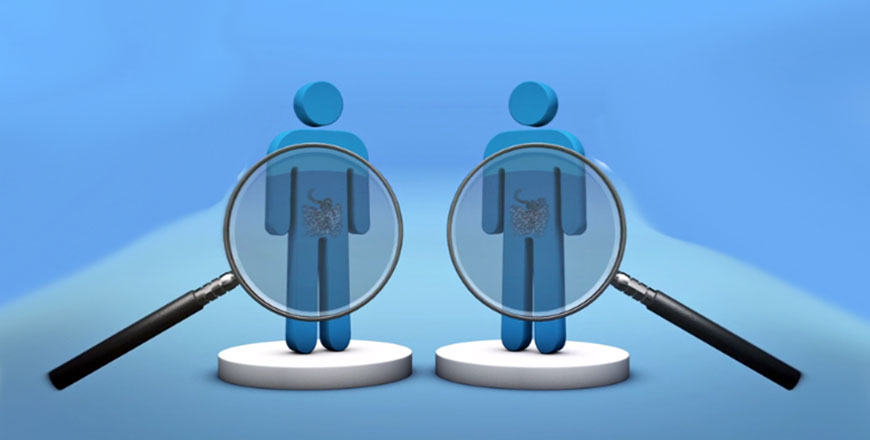Helped by a global search through sewage, San Diego State University researchers have found that a benign gut virus appears to be older than the human race itself.
Moreover, different strains of this common virus can be traced to countries or even individual cities, said study leader Rob Edwards. Travellers rapidly pick up the local strain, providing a genetic map of their journey.
“For example, we can detect San Diego vs. New York,” Edwards said.
There are also hints that the virus might be usable to treat certain diseases related to imbalances of intestinal bacteria, he said. There’s no evidence the virus causes any human disease.
The study was published Monday in Nature Microbiology.
This virus is a bacteriophage or phage, a group of viruses that kill bacteria. Called a cross-assembly phage, or crAssphage, it infects Bacteroidetes, a genus of anerobic bacteria. The virus was first reported in 2014, by a group including Edwards.
The virus might be used to alleviate disorders such as Crohn’s disease, and possibly diabetes and obesity, he said. There are hints that imbalances in the gut bacterial population are involved in such disorders. So strains of the phage might be engineered to deliver medicines.
“Presumably, because the phage has been around so long, it’s adapted to our immune system, so it’s not going to cause a big response,” Edwards said. “This is a really exciting area of opportunity for us right now, to understand how we can shape the human microbiome with the bacteriophages that we have available to us.”
However, he said a fuller understanding of these gut microbial interactions will first be needed.
Phage therapy has been around for more than a century. In recent years, it has received more attention, as bacterial resistance to antibiotics proliferates. The University of California, San Diego has established a centre for phage therapy.
With the help of colleagues around the world, Edwards was able to get the genetic sequences of crAssphage from their locales. This greatly simplified the task.
“We put out requests by email and Twitter for scientists to get samples from their local sewage plants,” Edwards said. “It was kind of a global coming together where everybody got their own samples, sequences them and sent us the data by e-mail. So we have sequences from 67 countries.”
The virus was found to be widespread, and also related to other phages found in Old World and New World primates. This pattern suggests that crAssphage and its ancestors were present in primates before the human lineage split off, Edwards said.
